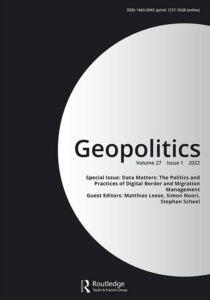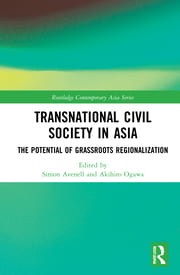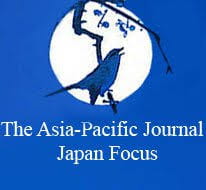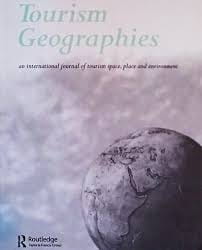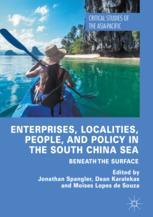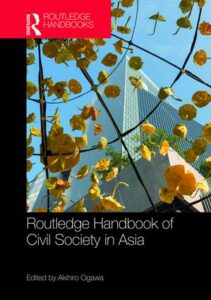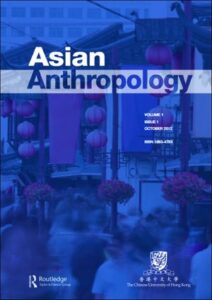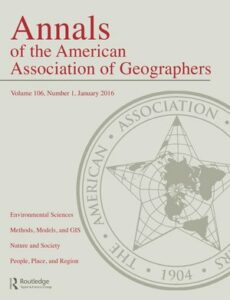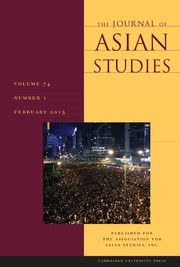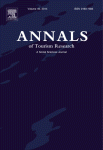Burning Man, the prototypical transformational event culture, has been described as “a guerrilla war against alienated spectacle and the commodification of the collective imagination.” At the same time, it has spawned spectacular efforts at the commodification of experience that span the United States, China, and Taiwan. This article follows these transnational flows and considers the circulation and contradictions of capital through a globalizing economy of event cultures. Based on the author’s long-term role as a Burning Man artist and regional event representative, the article provides a comprehensive history of Burning Man’s varied manifestations, transformations, and hybridizations in China and Taiwan. These include authorized events and art installations produced by participants who aim to adhere to the principle of Decommodification espoused by the San Francisco-based nonprofit Burning Man Project, as well as unauthorized commercial copycats, some of which have been financially backed by the Chinese Communist Party, that have sent major art pieces to the main event in the US and attempted to launch ambitious projects in the Gobi Desert.
Tracing these connections offers a weirdly scenic vantage point for examining the global collision and recreation of cultural, financial, and political desire. Reflecting on the productive tension between creativity and commodification, the article concludes that Burning Man’s consolidation as a transnational symbol of cultural capital points to an ideological and social convergence between the United States and China, offering a counterpoint to the resumption of Cold War rhetoric that has highlighted a hostile turn in their geopolitical relationship. In so doing, it proffers a surreal, if not utopic alternative to the aesthetic of “capitalist realism” oft said to characterize the contemporary era.



